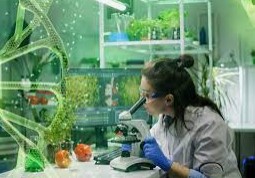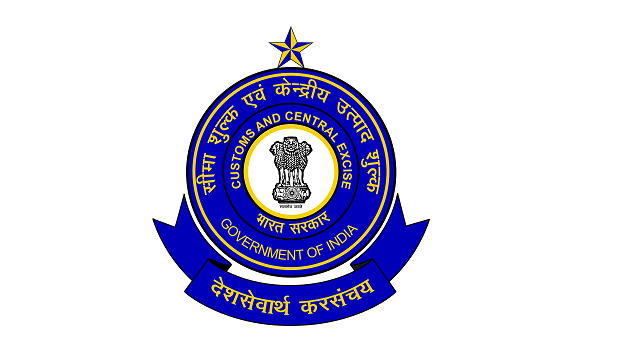
Biotechnology: The Future of Medicine and Industry
Biotechnology is a rapidly growing field that is transforming the way we diagnose and treat diseases, produce food, and generate energy. By using living organisms and biological processes to create new products and services, biotechnology is helping to solve some of the world's most pressing challenges.
What is biotechnology?
Biotechnology is the use of living organisms or their derivatives to make or modify products or processes for specific use. It is a broad field that encompasses a wide range of disciplines, including molecular biology, genetics, microbiology, and biochemistry.
Biotechnology in medicine:
Biotechnology is playing an increasingly important role in medicine. For example, biotechnology has been used to develop new drugs and vaccines, as well as new diagnostic tests and treatments for diseases such as cancer and HIV/AIDS.
One example of biotechnology in medicine is the development of gene editing technologies such as CRISPR-Cas9. CRISPR-Cas9 allows scientists to make precise changes to DNA, which could be used to correct genetic mutations that cause diseases. For example, CRISPR-Cas9 is being used to develop new treatments for sickle cell disease and cystic fibrosis.
Another example of biotechnology in medicine is the development of personalized medicine. Personalized medicine is based on the idea that everyone is genetically different, and that treatments should be tailored to each individual's needs. Biotechnology is being used to develop new diagnostic tests that can identify genetic mutations that make people more susceptible to certain diseases. This information can then be used to develop personalized treatment plans.
Biotechnology in industry:
Biotechnology is also being used in a variety of industries, including food production, agriculture, and energy. For example, biotechnology is being used to develop new crops that are more resistant to pests and diseases, and to produce biofuels from renewable resources.
One example of biotechnology in industry is the development of genetically modified (GM) crops. GM crops have been engineered to have certain desirable traits, such as resistance to pests or herbicides. GM crops are used to produce a variety of foods, including corn, soybeans, and cotton.
Another example of biotechnology in industry is the development of biofuels. Biofuels are fuels that are made from renewable resources such as plants or algae. Biotechnology is being used to develop new ways to produce biofuels more efficiently and cost-effectively.
The future of biotechnology:
Biotechnology is a rapidly evolving field with the potential to revolutionize many aspects of our lives. As biotechnology continues to develop, we can expect to see even more innovative and groundbreaking products and services emerge.
Here are some specific examples of how biotechnology is being used to address some of the world's most pressing challenges:
Climate change: Biotechnology is being used to develop new ways to produce biofuels and other renewable energy sources. Biotechnology is also being used to develop crops that are more resistant to drought and other climate change-related stresses.
Food security: Biotechnology is being used to develop new crops that are more productive and nutritious. Biotechnology is also being used to develop new ways to produce food more sustainably and efficiently.
Disease: Biotechnology is being used to develop new drugs, vaccines, and diagnostic tests for diseases such as cancer, HIV/AIDS, and malaria. Biotechnology is also being used to develop new ways to prevent and treat diseases.
Conclusion:-
Biotechnology is a powerful tool that can be used to solve some of the world's most pressing challenges. As biotechnology continues to develop, we can expect to see even more innovative and groundbreaking products and services emerge.
Personalized medicine: Biotechnology is making it possible to develop personalized treatments for diseases based on each individual's genetic makeup. This could lead to more effective and less toxic treatments for a wide range of diseases.
Gene editing: Gene editing technologies such as CRISPR-Cas9 have the potential to revolutionize medicine by allowing scientists to correct genetic mutations that cause diseases. Gene editing could also be used to create new crops and other organisms with desirable traits.
Synthetic biology: Synthetic biology is a field of biotechnology that uses engineering principles to design and build new biological systems. Synthetic biology could be used to create new drugs, vaccines, and diagnostic tests, as well as new crops, biofuels, and other products.
Biotechnology is a rapidly evolving field with the potential to make a significant impact on our world in the coming years. It is important to stay informed about the latest developments in biotechnology so that we can make informed decisions about the future of this powerful technology.










